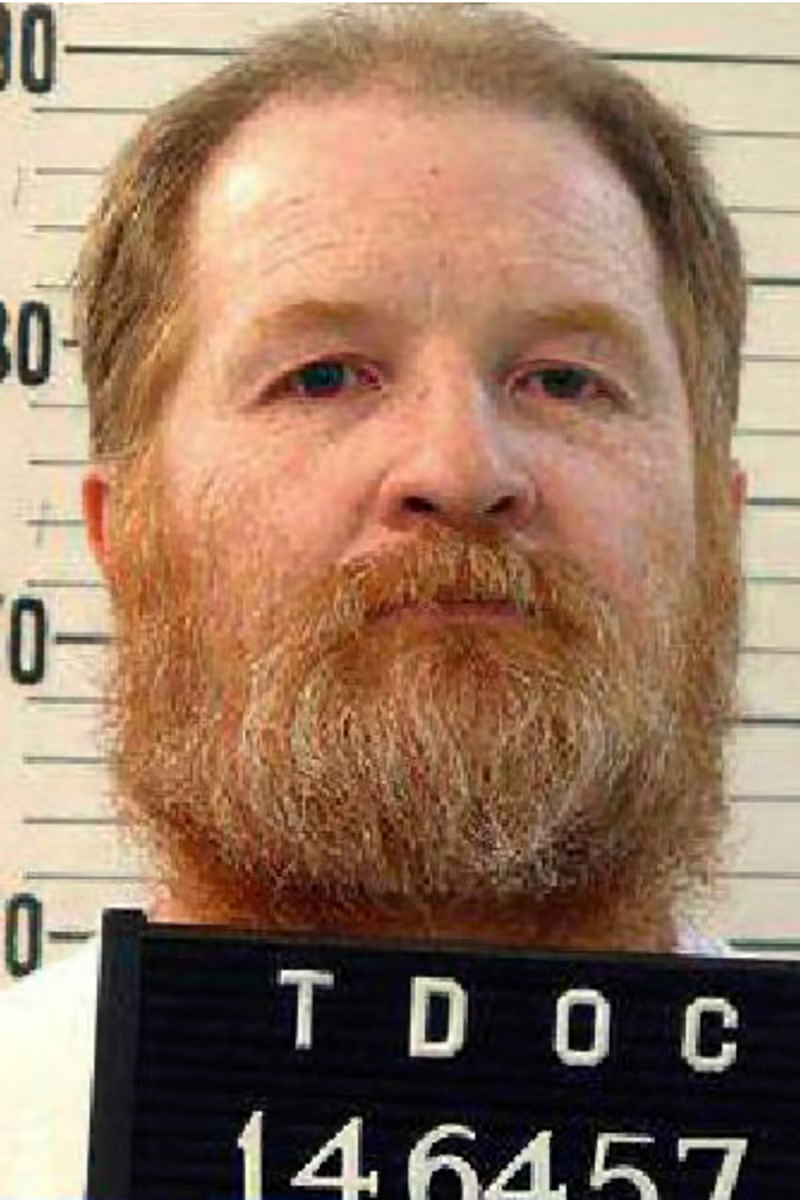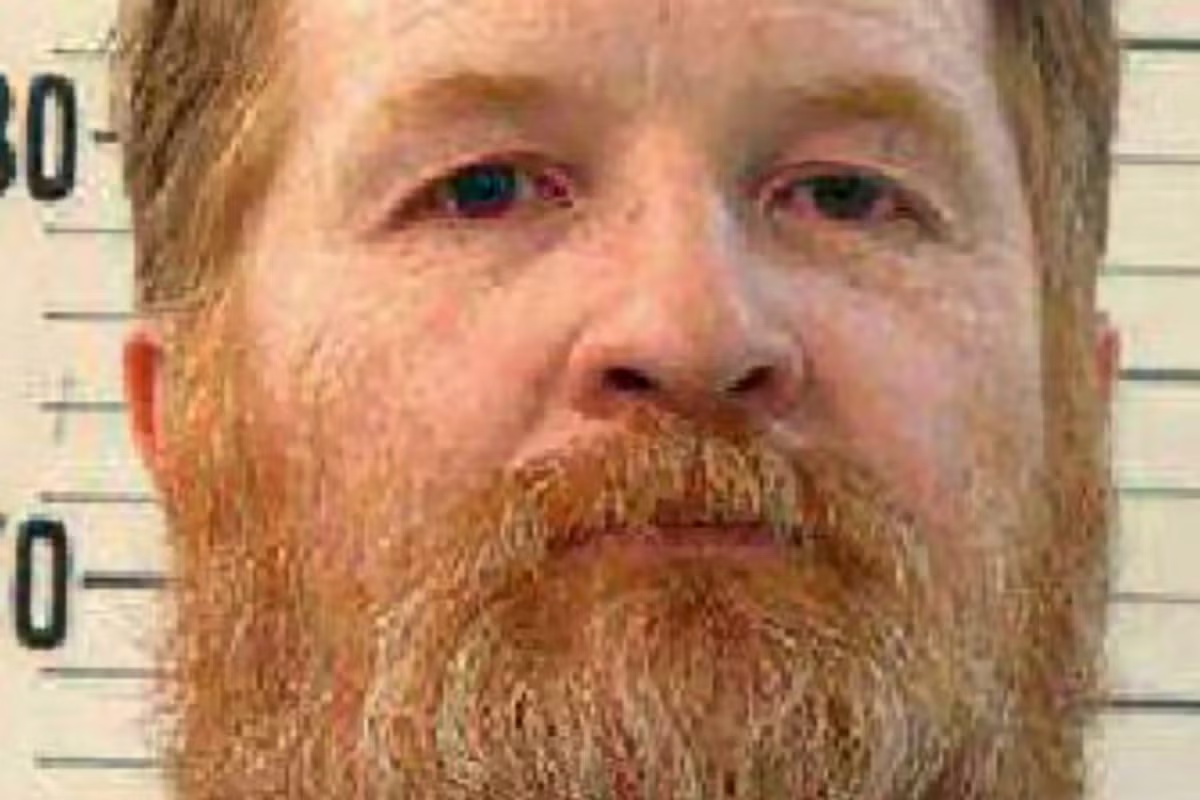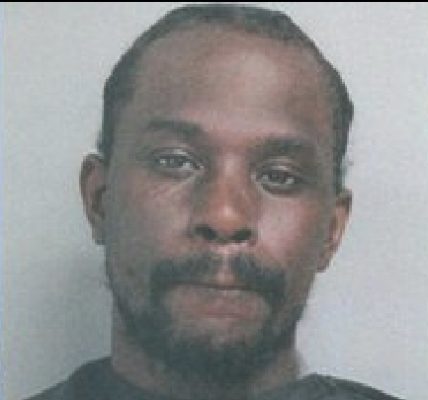Tennessee death row inmate Harold Nichols refuses to choose between electric chair and lethal injection
Harold Wayne Nichols, a death row inmate in Tennessee, has declined to select his preferred execution method for his scheduled December 11 death.
That means that the state will proceed with lethal injection.
Nichols received his death sentence in 1990 after being found guilty of the rape and murder of Karen Pulley, a 21-year-old student at Chattanooga State University, which occurred two years prior.
He has a two-week window to reconsider his choice of method, according to Dorinda Carter, a spokesperson for the Tennessee Department of Correction.
Nichols was previously slated for execution in 2020, having opted for the electric chair then, but received a reprieve due to the Covid-19 pandemic.
Inmates in Tennessee convicted of offences before January 1999 are allowed to choose electrocution over the state’s standard lethal injection.

While the electric chair remains permissible in several US states, it has been used only five times over the last decade, with all instances occurring within Tennessee.
At the time that Nichols selected electrocution, Tennessee’s lethal injection protocol used three different drugs in series. It was a process that inmates’ attorneys claimed was riddled with problems.
Their concerns were shown to have merit in 2022, when Gov. Bill Lee paused executions, including a second execution date for Nichols. An independent review of the state’s lethal injection process found that none of the drugs prepared for the seven inmates executed in Tennessee since 2018 had been properly tested.
The Department of Correction issued a new execution protocol last December that utilizes the single drug pentobarbital.
Attorneys for several death row inmates have sued over the new protocol, but a trial in that case is not scheduled until April.
Nichols confessed to raping and murdering Pulley, as well as several other rapes in the Chattanooga area. Although he expressed remorse at trial, he admitted that he would have continued his violent behavior had he not been arrested.





